- Admission
- Discover Episcopal
- Our Program
- Athletics
- Arts
- Spirituality
- Student Life
- Support Episcopal
- Alumni
- Parent Support
- Knightly News
- Contact Us
- Calendar
- School Store
- Lunch Menu
- Summer Camps
- Knight Under the Stars
- Chicago Tickets
- PowerSchool Notice
« Back
College Perspectives Gained in Annual Case Studies Program
April 17th, 2024
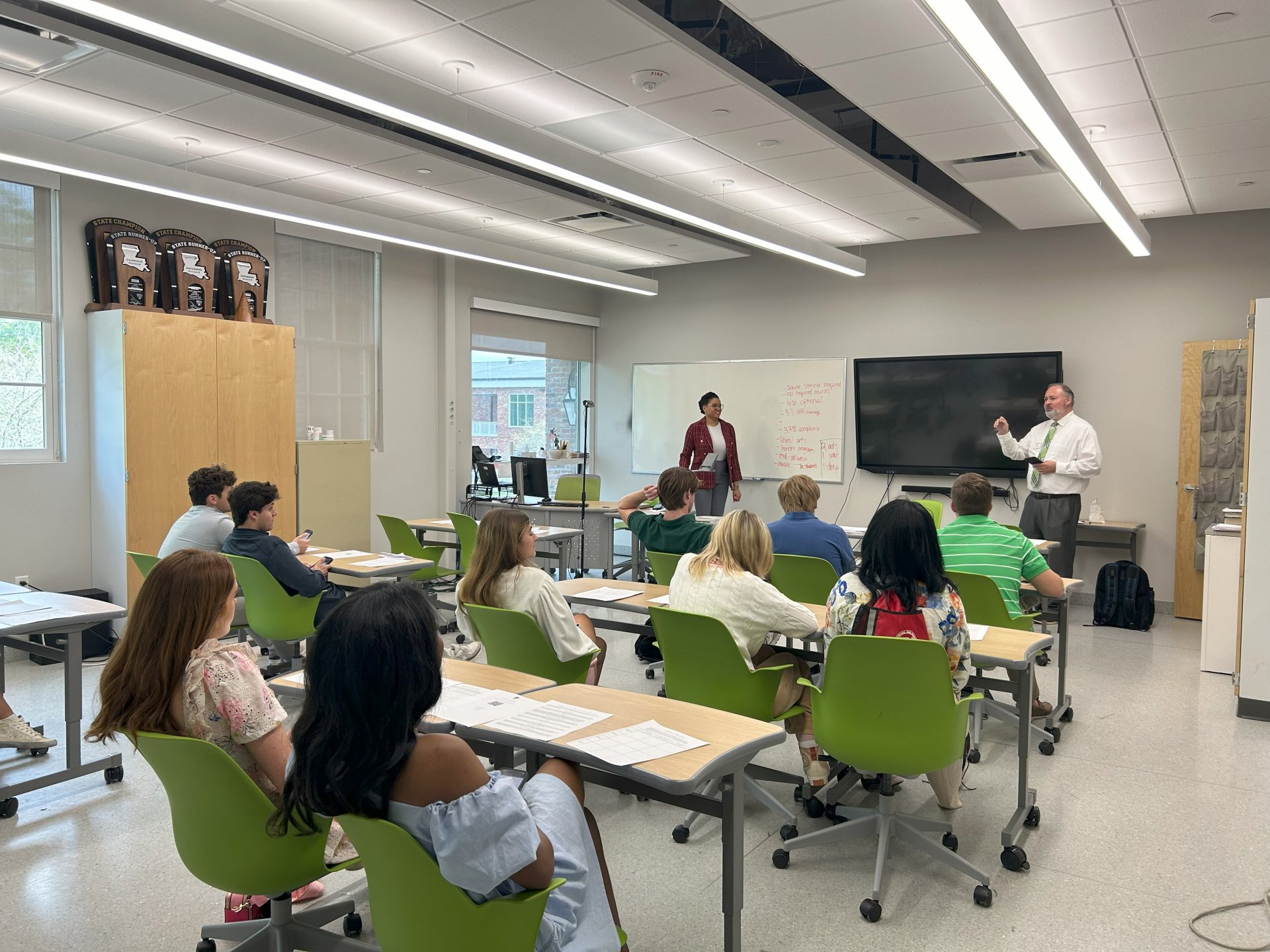
“People are always telling you that you need to stand out in your college applications, and the Case Studies helped me to understand what I could actually do to stand out." - Junior Ben Barney
Last month, the College Counseling team (Justin Fenske, Alan Newton, and Julia Spaht) hosted the eighth annual Case Studies and College Fair program. Members of the Episcopal community often refer to this event as simply “the College Fair,” perhaps because the second half of the program is more familiar. Families envision the common high school experience of walking around a gym, stopping at tables full of brochures, and asking questions of college representatives. What they may not be aware of, however, is that juniors and parents can be found engaged in small group discussions around campus hours before the fair begins for a program called Case Studies.
Episcopal’s Case Studies was added to the college counseling program in 2016 and was modeled after programs at other high schools around the country. During a case studies session, college admissions officers lead groups of roughly fifteen juniors or parents in reviewing 3-4 full college admission applications to a mock university. Participants discuss the applications (including a Common Application with Essay, Teacher Recommendations, Transcript, Test Scores, and other elements) and university profile in detail and then decide whom to admit, waitlist, and deny. By reading and discussing the files, students and parents can gain a better understanding of the component parts of college applications, as well as how admission officers may interpret application materials. This year representatives from thirty-two colleges facilitated Case Studies groups. Representatives from colleges with holistic admissions processes were invited and included a diverse range of institutions such as Washington University in St. Louis, Emerson College, Elon University, Vanderbilt University, and Clemson University.
The mock applications, which are based on real applications gathered from college and high school sources, reflect the variety of students who might apply to a university and show unique strengths and weaknesses. For instance, one student may stand out because of high test scores whereas another one may have an especially impressive list of extracurricular activities. The applications also are revised over time to reflect changes in the college admissions process such as test scores being omitted for an applicant to reflect the rise in test optional admissions.
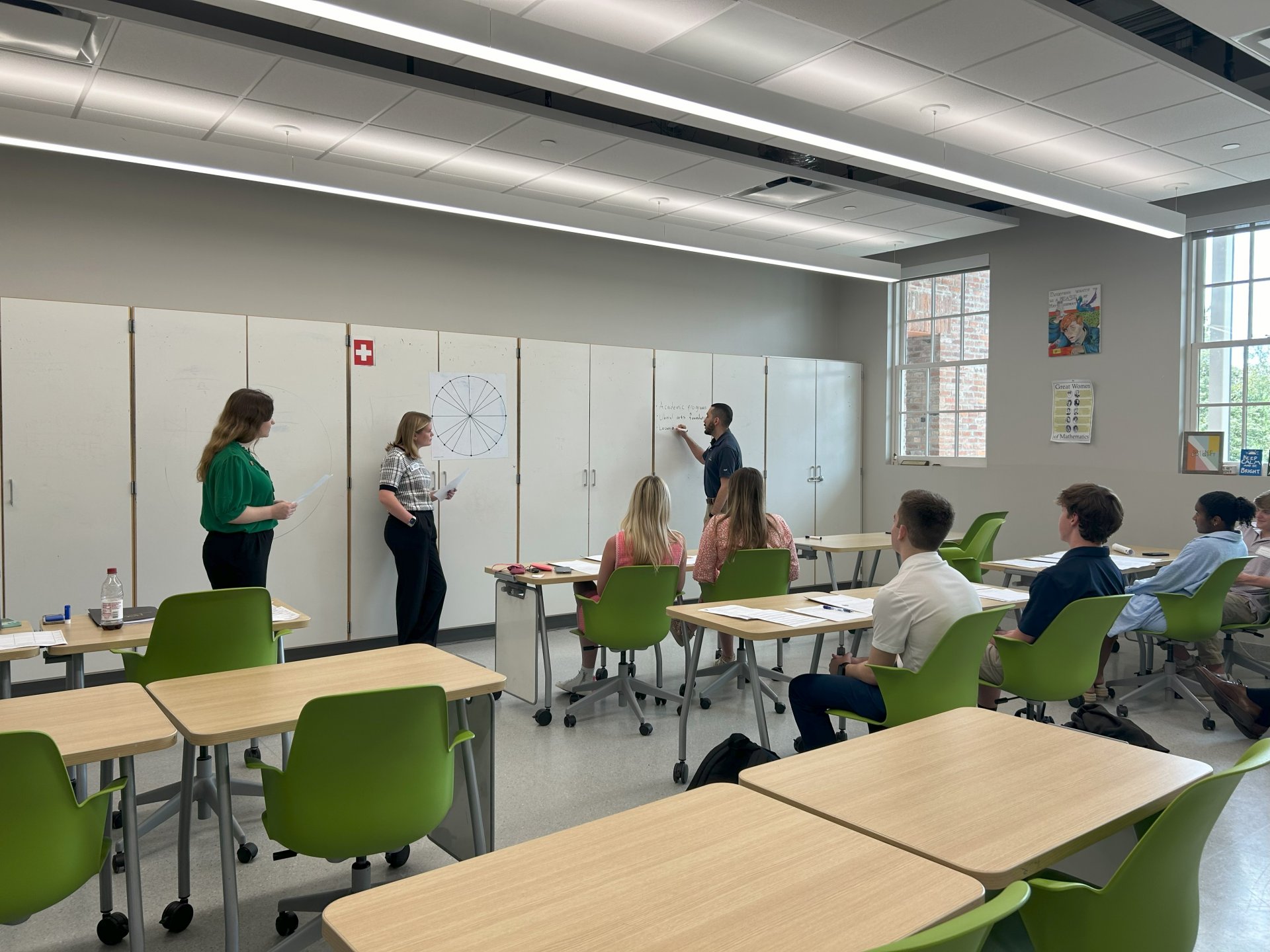
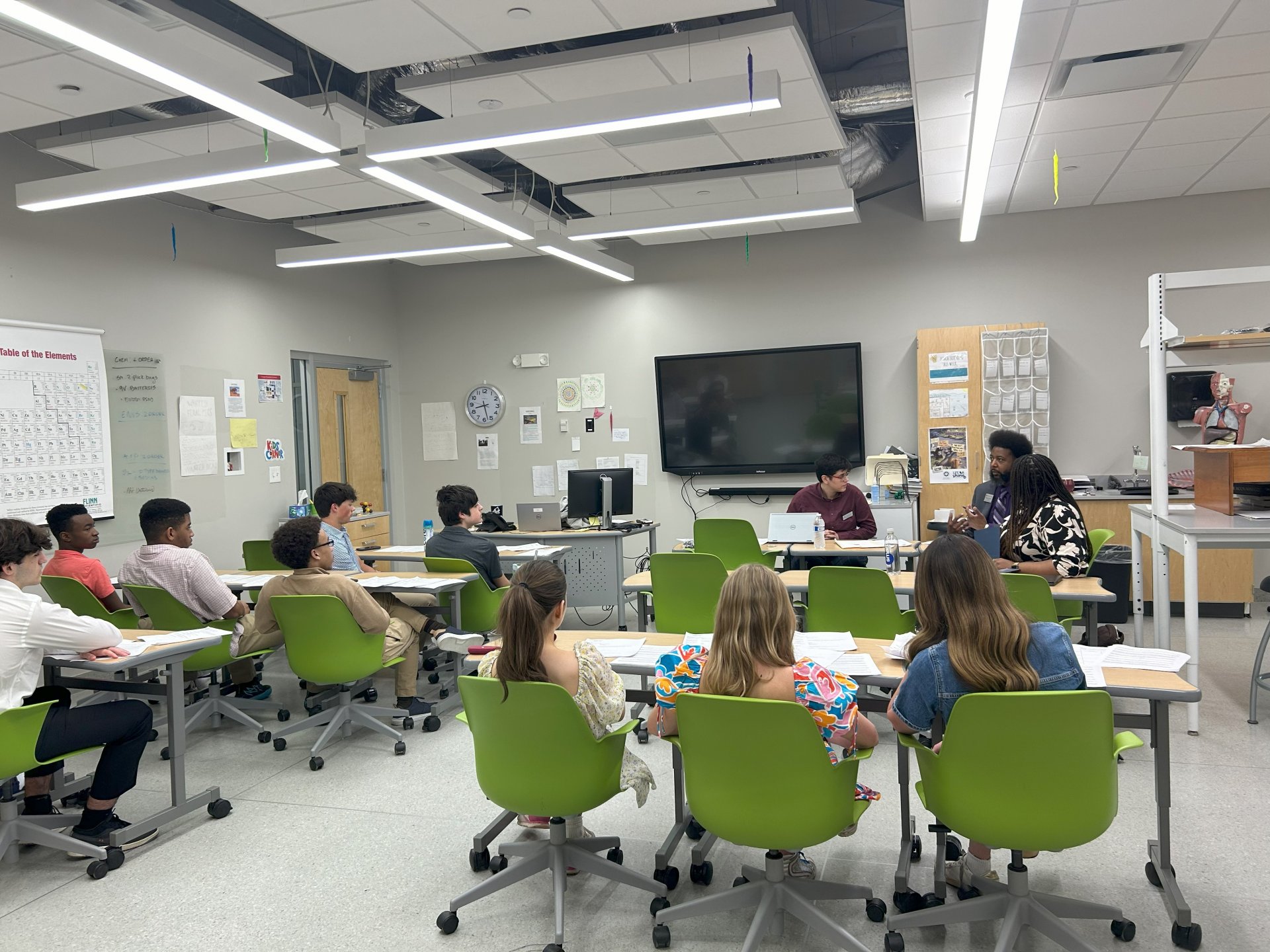
One benefit of Case Studies is that it helps an abstract process become much more real to both students and parents. Junior Ben Barney commented, “People are always telling you that you need to stand out in your college applications, and the Case Studies helped me to understand what I could actually do to stand out. It also helped me understand the range of information that goes into a student’s application and what matters to the colleges when they are reading.” Episcopal parent Tish O’Connor, who has participated in the Case Studies twice, added, “The Case Studies Workshop really helped me understand how the components of a college application fit together. By looking at the process from a different perspective, hearing about institutional priorities, and discussing the candidates with the group, I could see how important it is for the applicant to communicate his or her story throughout the application (and also how difficult the admission decision can be).” Under the guidance of college admissions professionals, students and parents alike can see how the college’s mission and priorities factor into decisions.
Director of College Counseling Justin Fenske emphasized the value of having college representatives lead the Case Studies, instead of the college counselors. “We can do a good job, but not as good of a job as the reps can. The Case Studies gives students an inside view so that when they put their application together, they can think about how things will be seen,” he said.
College admissions officers also appreciate the opportunity to work with families in small groups and help them understand the process better. Whitney Lewis, Assistant Director of Admissions at Davidson College, has led both student and parent groups during Episcopal’s Case Studies. She reflected, “The Case Studies program allows students and parents valuable insight on the college application process while also feeling empowered to make mock admission decisions alongside a variety of admission representatives. For me, it brings joy to see the students and parents engage with the process, build rapport with admission staff, and feel relief by the end of the session.” Case Studies programs not only help to demystify the actual applications but also enable students and parents to better understand the people who may be reading their applications. By participating, they gain confidence and empathy, making the whole process more meaningful for all involved.
Each year in August, the college counselors help students connect what they learned in the case studies when they start writing their applications. In essay workshops the week before school starts, the counselors remind students of the mock applications and that the essay is one of many pieces of a student’s story. At the College Clinic, where seniors work on completing their Common Application, students are already aware of how each section of the Common Application (list of awards, extracurricular descriptions, and more) can play a role in helping them stand out. Throughout the application process, students learn that there is no one perfect application or “ideal student” applying to a college. Instead, they should consider how to use the different components of an application to tell their authentic stories and be seen as distinct individuals prepared to make positive contributions to college campuses in the future.
Seniors can register for an essay workshop or the College Clinic this summer here.
Photo credit: Maya Breland '24 and Ivy Jiang '24
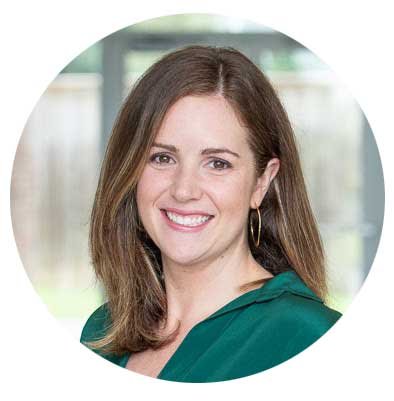
A veteran Episcopal educator, Julia Spaht is now the Assistant Director of College Counseling. Spaht previously worked as the Episcopal Writing Center Director and an Upper School English and Art History teacher. Most recently, she was the Admissions and Enrollment Director at St. James Episcopal Day School, where she helped boost enrollment by 10%. As an independent college counselor and essay coach, Spaht worked with students from a variety of backgrounds and circumstances as they pursued their long-term education goals. Spaht grew up in Atlanta, Georgia where she attended the Westminster Schools. During her undergraduate studies at Washington and Lee University, she studied in Italy and interned at the Museum of Fine Arts in Boston. Spaht later earned a master’s degree in English education from Vanderbilt University and a Master of Arts in English from Middlebury College’s Bread Loaf School of English.
The Episcopal School of Baton Rouge 2025-2026 application is now available! For more information on the application process, to schedule a tour, or learn more about the private school, contact us at enrollment@ehsbr.org or 225-755-2685.
Other articles to consider
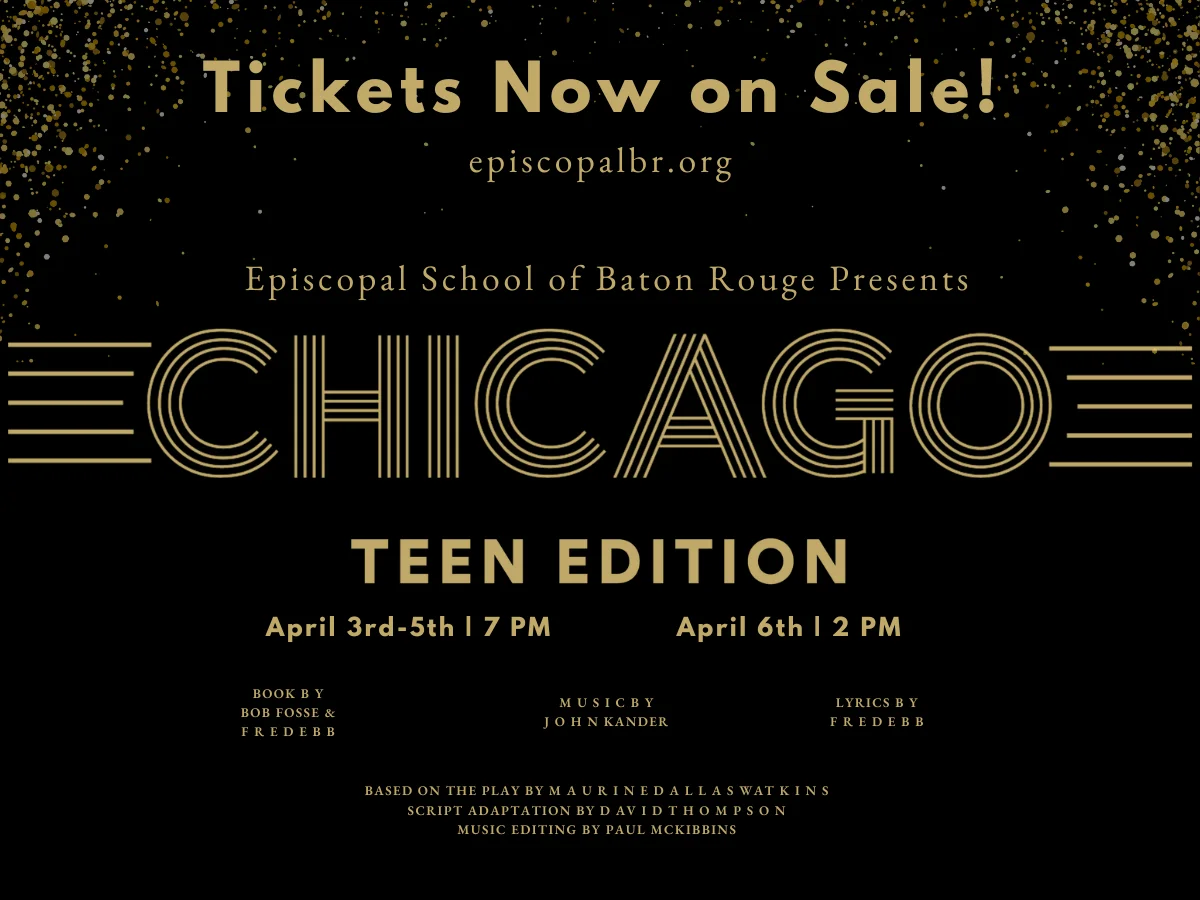 Mar27Episcopal Presents "Chicago: Teen Edition"
Mar27Episcopal Presents "Chicago: Teen Edition"Don’t miss the Upper School spring musical “Chicago: Teen Edition”! With dancing, singing, a true crime theme and a 12-piece professional orchestra, this PG-13 presentation is sure to impress. Shows run April 3-6—get your tickets today!
READ MORE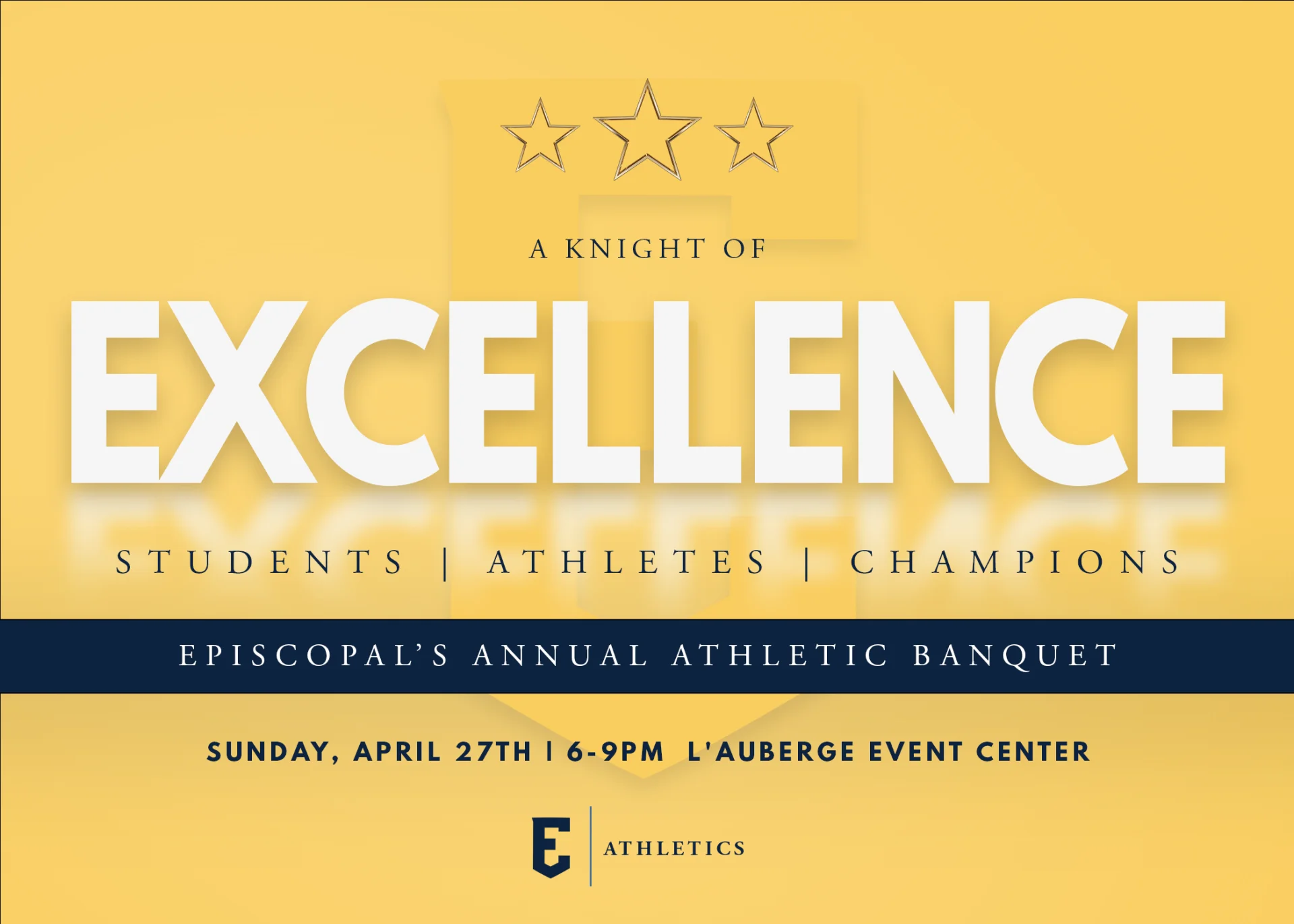 Mar27Episcopal Announces "The Knight of Excellence" Athletic Banquet
Mar27Episcopal Announces "The Knight of Excellence" Athletic BanquetCelebrate Episcopal's top athletes at the Knight of Excellence on April 27th! Join us for an inspiring evening of awards, recognition and community.
READ MORE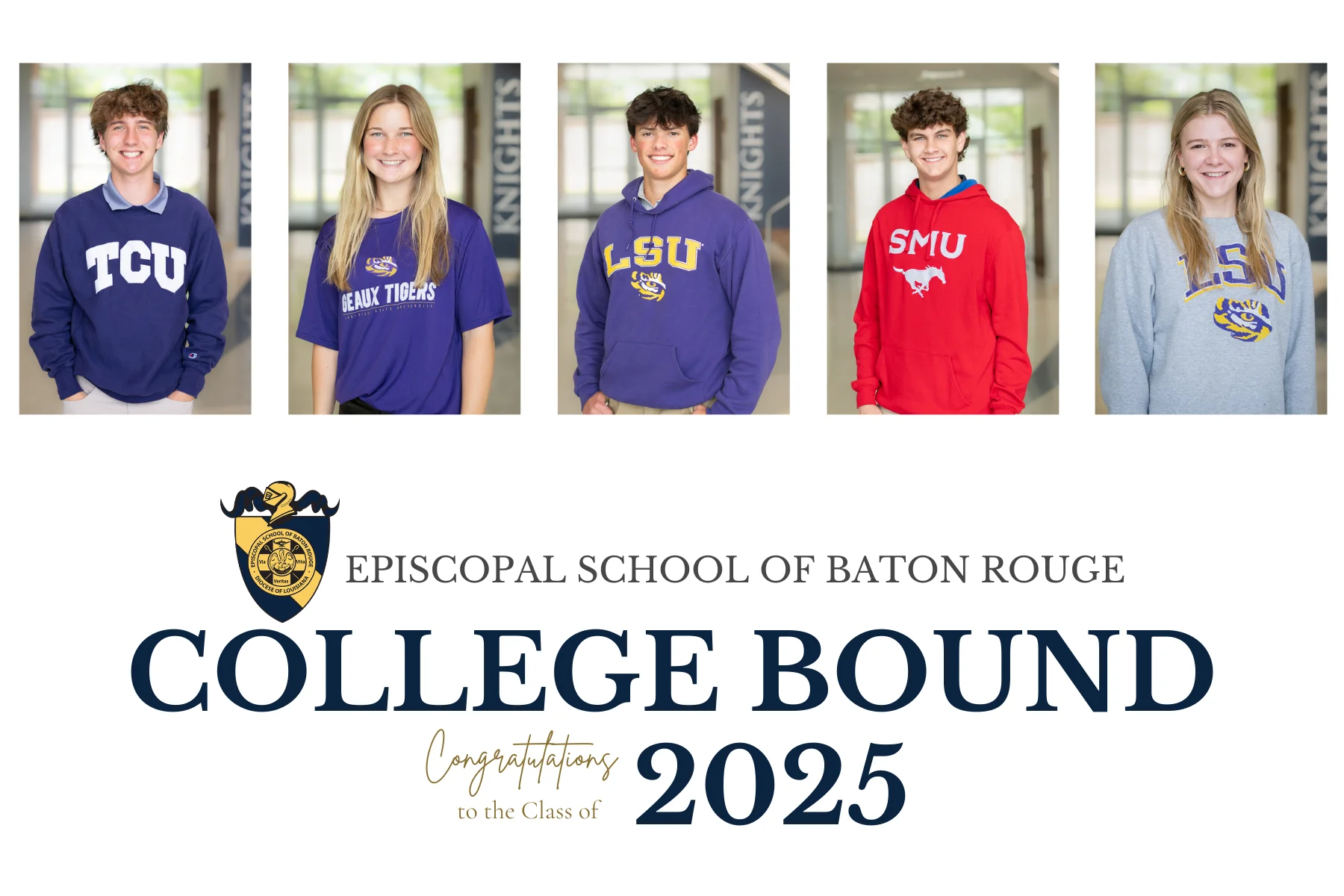 Mar26College Announcements 3.28.25
Mar26College Announcements 3.28.25Please join us in congratulating members of the Class of 2025 as they announce their college enrollment decisions.
READ MORE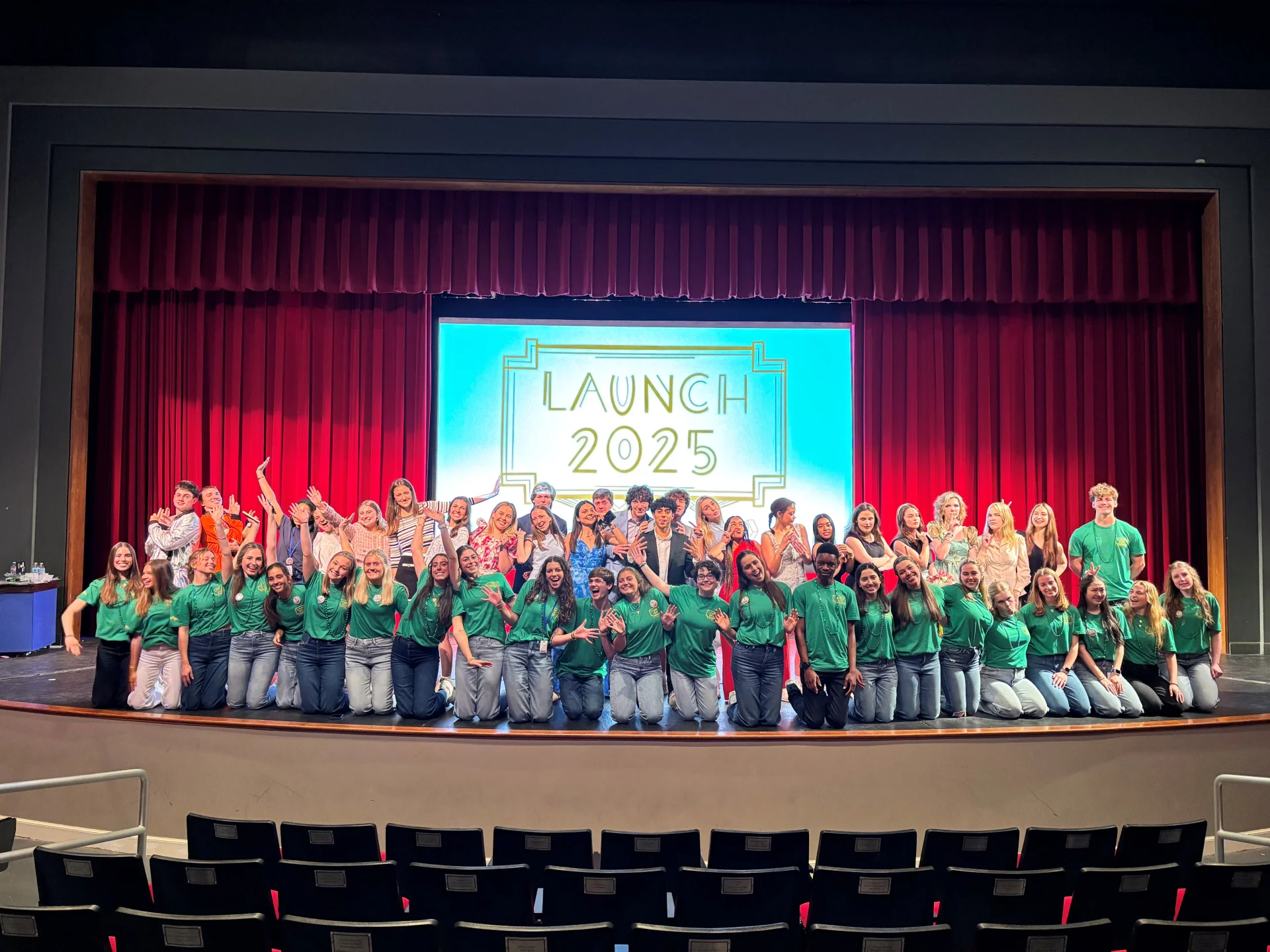 Mar25A Community of Learners Takes the Stage at LAUNCH Day 2025
Mar25A Community of Learners Takes the Stage at LAUNCH Day 2025LAUNCH Day 2025 celebrated student-driven research, innovation and a close-knit community of learners. See how seniors showcased their hard work, creativity and big ideas on stage.
READ MORE
Categories
- All
- Admission
- Athletics
- College Bound 2019
- College Bound 2020
- College Bound 2021
- College Bound 2022
- College Bound 2023
- College Bound 2024
- College Bound 2025
- Counselors Corner
- Episcopal Alumni
- Giving
- Head Of School
- Lower School
- Middle School
- Spirituality And Service
- Student Work
- The Teachers' Lounge
- Upper School
- Visual And Performing Arts
Recent Articles
- 03/27/25Episcopal Presents "Chicago: Teen Edition"
- 03/27/25Episcopal Announces "The Knight of Excellence" Athletic Banquet
- 03/26/25College Announcements 3.28.25
- 03/25/25A Community of Learners Takes the Stage at LAUNCH Day 2025
- 03/24/25Congratulations to the 2025 Newton Distinguished Faculty Award Honorees!
- 03/21/25College Announcements 3.21.25
- 03/21/25Chase Cresson to Play Football at Morehead State University
- 03/20/25Anna Kate Yale to Compete at Harding University











